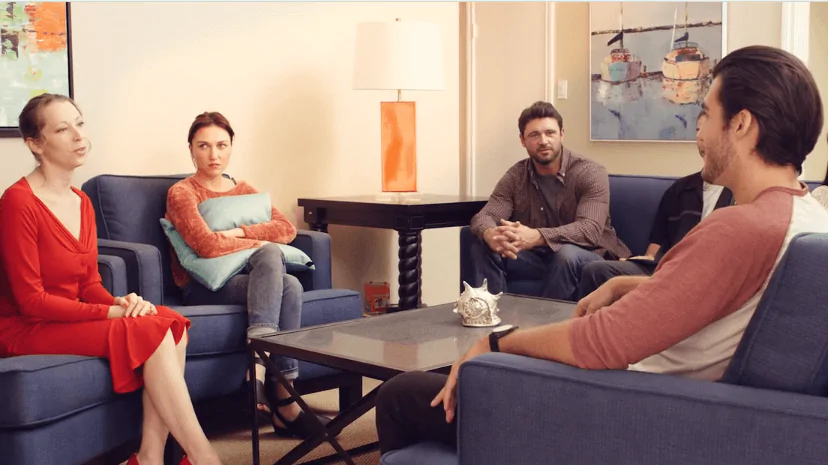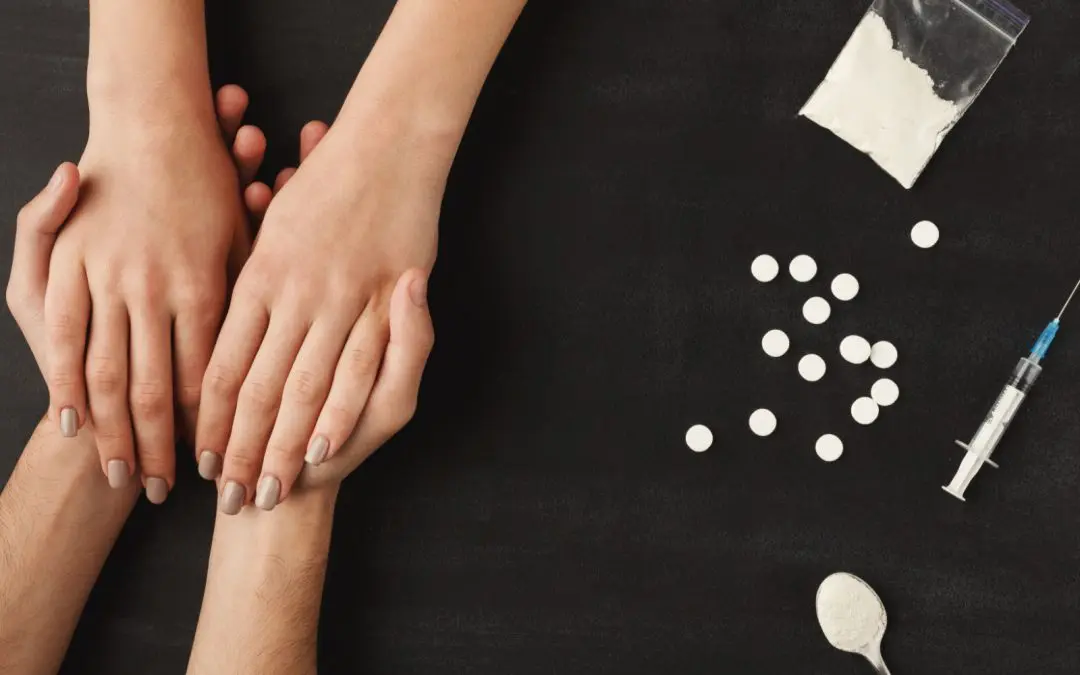24/7 Helpline:
(866) 899-221924/7 Helpline:
(866) 899-2219
Learn more about Bipolar Disorder Treatment centers in Glades County
Bipolar Disorder Treatment in Other Counties

Other Insurance Options

Meritain

Horizon Healthcare Service

American Behavioral
Beacon

Holman Group

EmblemHealth

PHCS Network

Multiplan

Kaiser Permanente

Evernorth

BlueCross

CareFirst

GEHA

Covered California

Highmark

Premera

Magellan

UnitedHealth Group

Health Choice

Group Health Incorporated

Agape Home
Agape Home is a Non-Profit Faith-Based program for women located in Moore Haven, FL. Agape Home brin...



















